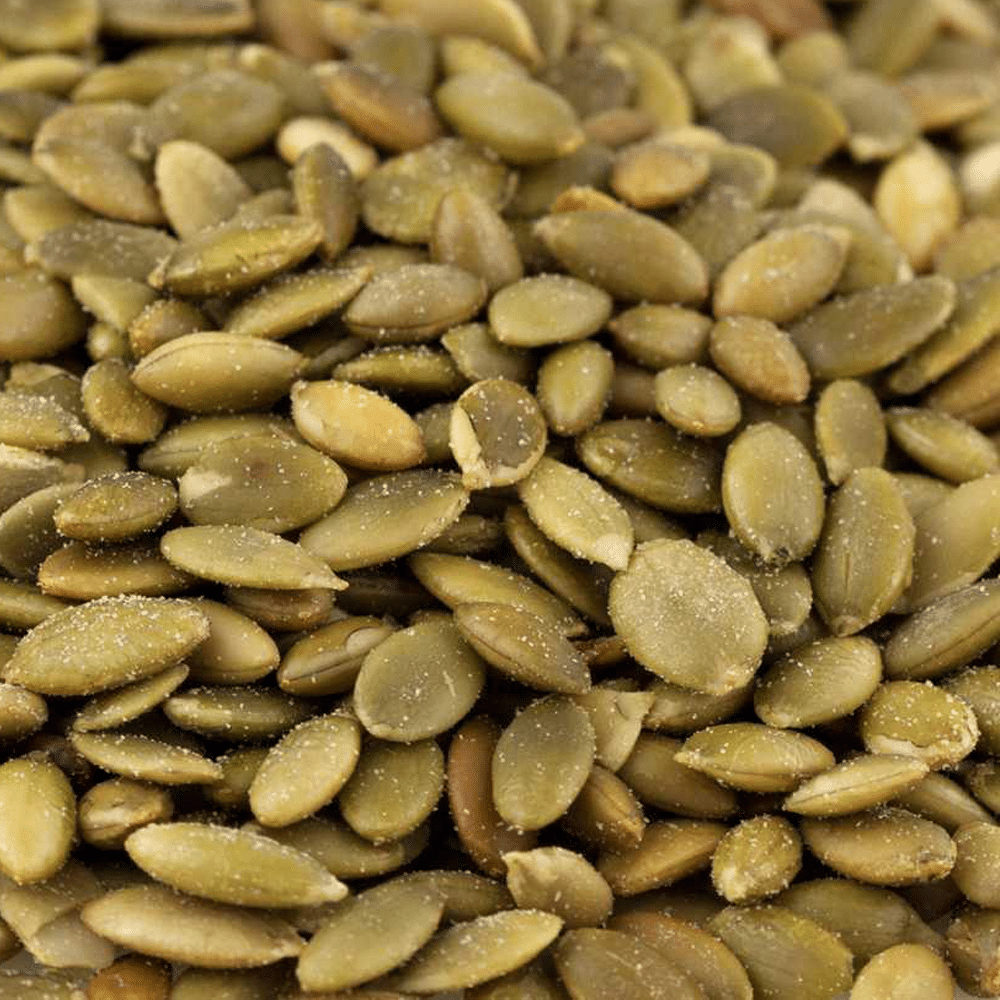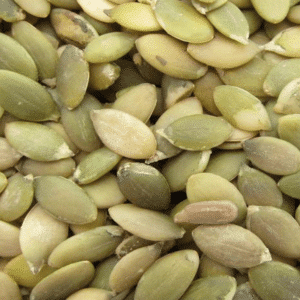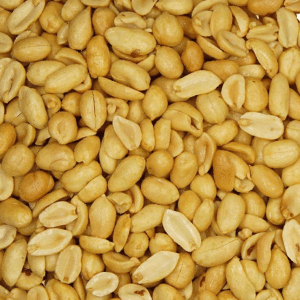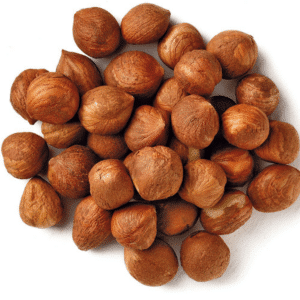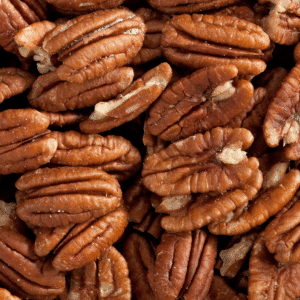$15.99 – $29.49
- Our fresh nuts are like no other.
- We use the best of quality, carry a larger size nut, refrigerated for even freshness, and our roasted nuts are done in house with our special touch.
- No over roasted nuts here and only lightly salted.
- Available raw, roasted/salted, or roasted/no salt.
- (All nuts available in bulk/wholesale by request)
Description
Pumpkin Seeds Roasted & Salted
Health benefits of pumpkin seeds
• Crunchy, delicious pumpkin seeds are high in calories; about 559 calories per 100 g. In addition, they are packed with fiber, vitamins, minerals, and numerous health-promoting antioxidants.
• Their high calorific value mainly comes from protein and fats. Nonetheless, the kernels are especially rich in mono-unsaturated fatty acids (MUFA) like oleic acid (18:1) that help lower bad LDL cholesterol and increases good HDL cholesterol in the blood. Research studies suggest that the Mediterranean diet which is liberal in monounsaturated fatty acids helps to prevent coronary artery disease and stroke risk by favoring a healthy blood lipid profile.
• Pumpkin seeds carry good-quality protein. 100 g seeds provide 30 g or 54% of the recommended daily allowance of protein. In addition, the seeds are an excellent source of amino acid tryptophan and glutamate. Tryptophan is converted into serotonin and niacin. Serotonin is a beneficial neuro-chemical often labeled as nature’s sleeping pill. Further, tryptophan is the precursor of B-complex vitamin, niacin (60 mg of tryptophan = 1 mg niacin).
• Glutamate is required in the synthesis of gamma-aminobutyric acid (GABA). GABA, an anti-stress neurochemical in the brain, helps in reducing anxiety, nervous irritability, and other neurotic conditions.
Pumpkin seeds are a very good source of anti-oxidant vitamin E; contain about 35.10 mg of tocopherol-gamma per 100 g (about 237% of RDA). Vitamin E is a powerful lipid-soluble antioxidant. It prevents tissue cells from the free radical-mediated oxidant injury. Thus, it helps maintain the integrity of mucosa and skin by protecting from harmful oxygen-free radicals.
• Pumpkin kernels are also an excellent source of the B-complex group of vitamins such as thiamin, riboflavin, niacin, pantothenic acid, vitamin B-6 (pyridoxine), and folates. These vitamins work as co-factors for various enzymes during cellular substrate metabolism in the human body. In addition, niacin helps in the reduction of LDL-cholesterol levels in the blood. Along with glutamate, it enhances GABA activity inside the brain, which in turn reduces anxiety and nervous irritability.
• Furthermore, its seeds contain good amounts of essential minerals like copper, manganese, potassium, calcium, iron, magnesium, zinc, and selenium. Just as in pine nuts, pumpkin seeds too are very rich in manganese (provide 4543 mg per 100 g, about 198% of daily recommended intake). Manganese is an all-important co-factor for the antioxidant enzyme, superoxide dismutase. It is, therefore, the consumption of pumpkin kernels to help develop resistance against infectious agents and scavenge harmful oxygen-free radicals.



